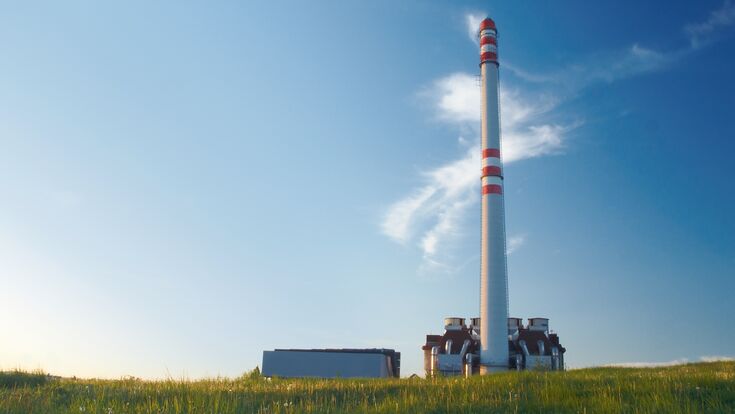Waste to Energy : Harvest Waste to develop waste-to-energy project in Karachi

On April 1, 2022, the Sindh Government entered into an agreement with KREL and Harvest Waste to launch a WtE project to transform the residual municipal solid waste generated in Karachi into clean electricity. At the ceremony, the Sindh Government also issued LOI’s to three other consortia. For these four projects, the Sindh Government will provide land near the landfill site in Karachi.
“An approximate investment of USD 600 million is expected for these projects,” said Energy Minister Mr. Imtiaz Shaikh. “Of the 15,000 tonnes of waste that Karachi’s population generates on a daily basis, about 6,000 to 8,000 tonnes of waste will be processed by the WtE plants for the production of 150 megawatts of energy.” Mr. Shaikh also mentioned that this project, launched in accordance with the ‘Green Energy, Clean Karachi’ initiative, will not only help process the garbage from Karachi in a sustainable way but will also help meet Pakistan’s renewable energy requirements.
The next steps: securing a renewable future
The LOI issued by the Sindh Government sets a clear pathway of milestones towards financial close which will take approximately 18 months. After the successful construction of many wind projects with a cumulative installed capacity of more than 1GW, it is clear that Pakistan is ready to take its next steps. Implementing WtE will further reduce the country’s carbon footprint and secure reliable, as well as sustainable, baseload power.
Additional benefits of this facility to the local community include reduction of air pollution, odor, littering and creation of hundreds of local jobs during various phases of the plants’ development and operation.
To develop the facility, Harvest Waste will deploy the same expertise used to build theAEB Amsterdam facility, which is the most efficient and cleanest in the world. The plant in Amsterdam can generate 900kWh of electricity from each tonne of waste and has processed over 5.5 million tonnes of waste since its commissioning in 2008. Harvest Waste expects similar success from its project in Pakistan.
